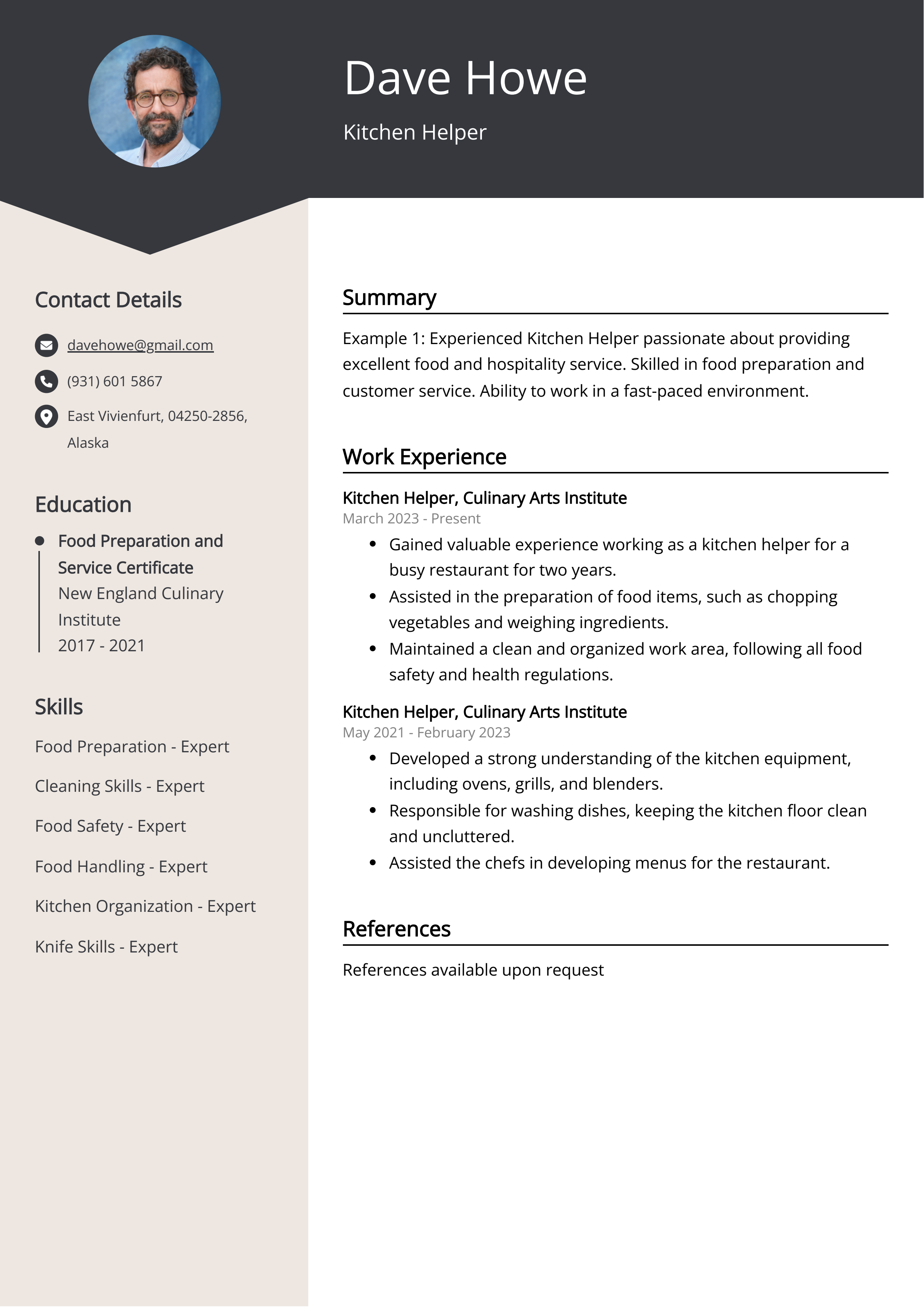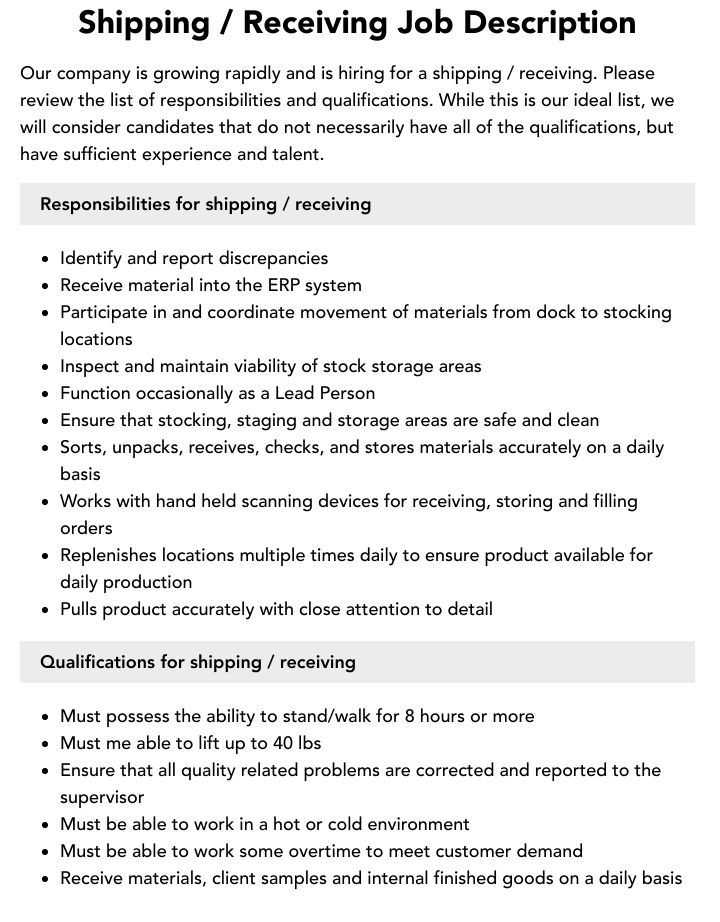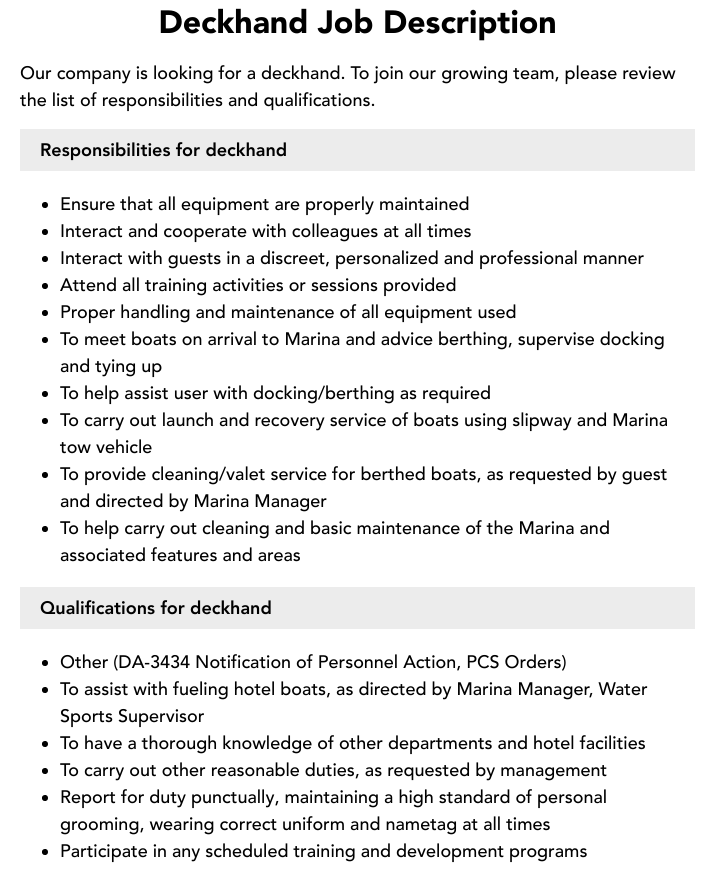
A kitchen helper, also known as a kitchen assistant or commis chef, is a member of the kitchen staff who assists the head chef and other cooks in the preparation and cooking of food. Kitchen helpers are typically responsible for a variety of tasks, including:
- Preparing ingredients, such as chopping vegetables, peeling potatoes, and slicing meat
- Cleaning and sanitizing the kitchen and equipment
- Setting up and breaking down workstations
- Assisting with the cooking process, such as stirring pots, checking temperatures, and plating food
- Helping to maintain a clean and organized work environment
Kitchen helpers play an important role in the success of a kitchen. They help to ensure that food is prepared and cooked to a high standard, and that the kitchen is clean and organized. Kitchen helpers can also learn valuable skills that can help them to advance their careers in the culinary field.
There are many benefits to working as a kitchen helper. Kitchen helpers can gain valuable experience in the culinary field, and they can learn from experienced chefs. Kitchen helpers can also develop their teamwork and communication skills, and they can learn how to work in a fast-paced environment. Additionally, kitchen helpers can earn a good wage and benefits, and they can have the opportunity to advance their careers in the culinary field.
1. Food preparation
Food preparation is a crucial aspect of a kitchen helper job description. Kitchen helpers are responsible for a variety of food preparation tasks, including:
- Preparing ingredients: This may include chopping vegetables, peeling potatoes, slicing meat, and preparing salads. Kitchen helpers must be able to follow recipes and instructions carefully, and they must be able to work quickly and efficiently.
- Cooking food: Kitchen helpers may be responsible for cooking simple dishes, such as boiling pasta or grilling chicken. They must be able to follow recipes and instructions carefully, and they must be able to cook food to the correct temperature and consistency.
- Plating food: Kitchen helpers may be responsible for plating food, which involves arranging food on a plate in an attractive and appetizing way. They must be able to create visually appealing plates that meet the chef’s standards.
Food preparation is an essential part of a kitchen helper’s job. Kitchen helpers must be able to perform these tasks quickly, efficiently, and to a high standard. They must also be able to work well as part of a team and follow instructions from the chef.
2. Kitchen maintenance
Kitchen maintenance is an important part of a kitchen helper job description. Kitchen helpers are responsible for keeping the kitchen clean and organized, and for ensuring that all equipment is in good working order. This includes tasks such as:
- Cleaning and sanitizing the kitchen and equipment
- Setting up and breaking down workstations
- Taking out the trash
- Maintaining inventory and supplies
- Performing minor repairs
Kitchen maintenance is important for several reasons. First, it helps to ensure that food is prepared and cooked in a clean and sanitary environment. This is essential for preventing foodborne illnesses. Second, it helps to keep equipment in good working order, which can prevent accidents and injuries. Third, it helps to create a more efficient and productive work environment.
Kitchen helpers who are responsible for kitchen maintenance should be able to work independently and as part of a team. They should also be able to follow instructions and work to a high standard. They should be physically fit and able to lift heavy objects. Kitchen helpers who are responsible for kitchen maintenance should also be able to work in a fast-paced environment and be able to handle stress.
Kitchen maintenance is an essential part of a kitchen helper job description. Kitchen helpers who are responsible for kitchen maintenance play an important role in ensuring that the kitchen is a safe, clean, and efficient work environment.
3. Assisting the chef
Assisting the chef is a vital component of a kitchen helper job description. Kitchen helpers are responsible for a variety of tasks that support the chef and the rest of the kitchen staff. These tasks may include:
- Preparing ingredients
- Cooking simple dishes
- Plating food
- Cleaning and sanitizing the kitchen and equipment
- Setting up and breaking down workstations
- Taking out the trash
- Maintaining inventory and supplies
- Performing minor repairs
By assisting the chef and the rest of the kitchen staff, kitchen helpers play an important role in ensuring that the kitchen runs smoothly and efficiently. They also help to create a positive and productive work environment.
There are many benefits to assisting the chef. Kitchen helpers can learn valuable skills that can help them to advance their careers in the culinary field. They can also develop their teamwork and communication skills, and they can learn how to work in a fast-paced environment. Additionally, kitchen helpers can earn a good wage and benefits, and they can have the opportunity to work in a variety of different settings.
If you are interested in a career in the culinary field, assisting the chef is a great way to get started. You will learn valuable skills, develop your teamwork and communication skills, and you will have the opportunity to work in a variety of different settings.
4. Hygiene and safety
Hygiene and safety are of utmost importance in any kitchen environment, and kitchen helpers play a vital role in maintaining a clean and safe workspace. Kitchen helpers are responsible for a variety of tasks that help to prevent the spread of bacteria and other contaminants, including:
- Cleaning and sanitizing surfaces, equipment, and utensils
- Properly storing and handling food
- Maintaining personal hygiene
- Following food safety regulations
By following these procedures, kitchen helpers help to ensure that the food prepared in the kitchen is safe to eat and that the kitchen is a healthy and safe place to work.
There are many real-life examples of the importance of hygiene and safety in a kitchen setting. For example, in 2015, a norovirus outbreak at a restaurant in Ohio was traced back to a kitchen helper who did not properly wash their hands after using the restroom. The outbreak resulted in over 100 people becoming ill.
This example highlights the importance of kitchen helpers following proper hygiene and safety procedures. By understanding the connection between hygiene and safety and their role in preventing the spread of bacteria and other contaminants, kitchen helpers can help to ensure that the food prepared in the kitchen is safe to eat and that the kitchen is a healthy and safe place to work.
Kitchen Helper Job Description FAQs
This section addresses frequently asked questions (FAQs) about kitchen helper job descriptions to provide a comprehensive understanding of the role and its key responsibilities.
Question 1: What are the primary responsibilities of a kitchen helper?
Kitchen helpers assist chefs and cooks with various tasks, including preparing ingredients, cleaning and sanitizing the kitchen, setting up and breaking down workstations, and helping with the cooking process.
Question 2: What skills and qualifications are required for a kitchen helper position?
Kitchen helpers should possess basic culinary skills, such as chopping, slicing, and dicing, and have a strong attention to detail and cleanliness. Physical stamina and the ability to work in a fast-paced environment are also essential.
Question 3: What are the growth opportunities for kitchen helpers?
Kitchen helpers can advance their careers by gaining experience and developing their skills. With additional training and education, they can move into roles such as cook, sous chef, or even head chef.
Question 4: What is the average salary range for kitchen helpers?
The salary range for kitchen helpers varies depending on factors such as experience, location, and the size of the establishment. However, according to the U.S. Bureau of Labor Statistics, the median annual salary for food preparation workers, which includes kitchen helpers, was $27,150 in May 2022.
Question 5: What are the benefits of working as a kitchen helper?
Working as a kitchen helper offers several benefits, including the opportunity to learn culinary skills, gain hands-on experience in a professional kitchen, and work in a dynamic and collaborative environment.
Question 6: How can I prepare for a kitchen helper interview?
To prepare for a kitchen helper interview, research the specific job description, practice answering common interview questions, and be ready to demonstrate your enthusiasm for the culinary field and your willingness to learn.
Summary: Kitchen helper job descriptions provide a roadmap for essential tasks and responsibilities in a professional kitchen. Understanding these descriptions and the associated FAQs can help individuals assess their suitability for the role and prepare effectively for job applications.
Transition to the next section: The following section explores the importance of kitchen helpers in maintaining a well-functioning kitchen environment.
Tips for Excelling as a Kitchen Helper
Becoming an effective kitchen helper requires dedication, attention to detail, and a willingness to learn. Here are five essential tips to help you excel in this role:
Tip 1: Maintain a Clean and Organized Workspace
A clean and organized kitchen is not only essential for hygiene but also for efficiency. Regularly clean and sanitize surfaces, equipment, and utensils. Keep your work area clutter-free to prevent accidents and maintain a smooth workflow.
Tip 2: Follow Instructions Carefully
Kitchen helpers are responsible for assisting chefs and cooks with various tasks. Actively listen to instructions and ask clarifying questions if needed. Following instructions accurately ensures that tasks are completed correctly and to the required standards.
Tip 3: Develop Basic Culinary Skills
While not always required, developing basic culinary skills can enhance your value as a kitchen helper. Practice knife skills, learn different cooking techniques, and familiarize yourself with common ingredients. This knowledge will enable you to assist with more complex tasks and contribute more effectively to the kitchen team.
Tip 4: Practice Good Time Management
Kitchen environments are often fast-paced and demanding. Effective time management is crucial for completing tasks on time and maintaining a steady workflow. Prioritize tasks, work efficiently, and seek assistance when needed to avoid delays and ensure timely meal preparation.
Tip 5: Maintain a Positive and Collaborative Attitude
Working in a kitchen requires teamwork and collaboration. Maintain a positive attitude, communicate effectively with your colleagues, and be willing to help out whenever possible. A collaborative and supportive work environment fosters a sense of camaraderie and contributes to overall kitchen success.
Summary: By following these tips, kitchen helpers can establish themselves as valuable members of the kitchen team. Maintaining a clean and organized workspace, following instructions carefully, developing basic culinary skills, practicing good time management, and maintaining a positive attitude are essential for excelling in this role and contributing to the smooth operation of the kitchen.
Transition to the conclusion: These tips provide a foundation for success as a kitchen helper, but continued learning, hard work, and dedication are essential for ongoing growth and development in this field.



